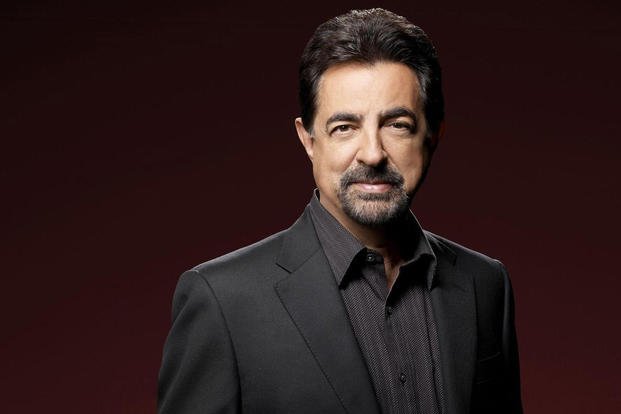Joe Mantegna, an award-winning actor who currently stars in "Criminal Minds" on CBS, is the national spokesperson for the campaign to build the National Museum of the United States Army (www.ArmyHistory.org).
On a recent trip to Washington, D.C., I joined a preview tour of the National Museum of the United States Army, scheduled to open next year at Fort Belvoir, Virginia. As I approached the main entrance of the massive building encased in steel panels and glass, I walked over a pathway of granite bricks adorned with the names of those who have served. I paused for a moment to run my hand over the one reading, "William J. Novelli, World War II, Chicago, IL."
William Novelli was my uncle. Drafted into the U.S. Army in 1942, he was offered a deferment that would have allowed him to serve his time at home. He declined. Willie's older brothers had deployed to Europe, and he wanted to follow them. My uncle served in the Army for three years, and not once did I hear him express regret for his decision to enter combat. Later in life, he shared his war stories, and I am forever grateful that he did.
Surrounding my Uncle Willie's brick are ones honoring his brothers. Nearby, I spotted some more recognizable names, including fellow World War II veteran, Sen. Bob Dole. However, most of the tributes along the pathway honored people like my uncle, ordinary Americans who once accomplished something extraordinary.
Inside the museum, construction is ongoing, yet some of the largest artifacts are already in place. When our tour passed through the World War II gallery, I could see my uncle's story coming to life. As we approached a Higgins boat -- one of the few remaining that is known to have carried troops ashore at Normandy on D-Day -- I thought of how many times my uncle told me what it was like to step foot on those war-torn beaches on the 20th day of the operation. When we walked up to the Sherman "Jumbo" Tank that was the first to break through enemy lines outside the town of Bastogne, I remembered how my Uncle Willie fought valiantly in the Battle of the Bulge despite his shattered knee.

For more than 25 years, I have imitated my Uncle Willie's distinctive raspy voice when recording the character of Fat Tony on "The Simpsons." It started as a light-hearted tribute to the uncle who had made such an impact on my life. But as my Uncle Willie grew older, I wanted to preserve not only his voice, but his stories -- the ones that so many of his generation once told but are now being lost to time.
The National Museum of the United States Army will be the first museum to tell the history of the U.S. Army in its entirety. Visitors will trace the legacy of those first soldiers who gave our nation the confidence to declare its independence. Artifacts, documents, images and paintings -- most never seen by the American public -- will tell how our Army evolved from its humble beginnings into the force that made all the difference in two world wars.
My generation will recognize the Huey helicopter already hanging from the museum's rafters as one of the countless we saw fly past our television screens during the years of the Vietnam War. Many will know exactly what it felt like to be seated in those helicopters as they flew young soldiers to and from jungle battlefields.
Americans will feel the sting of memories stirred by the artifacts from the attacks of Sept. 11, 2001. The M3 Bradley Fighting Vehicle that led the 2003 charge from Kuwait to Baghdad is already in place to tell the story of the years that followed those attacks. The memories of those initial years of fighting are still fresh though, just like D-Day and the Battle of the Bulge, they will one day be a distant part of our nation's memory if we carelessly forget them.
In nearly two and a half centuries, 30 million men and women have served as American soldiers. Each of their stories deserves to be told. And we, as grateful Americans, owe it to ourselves to preserve the Army's history as it is inseparable from our own. The National Museum of the United States Army is being constructed largely with the support of individual Americans. As building continues, that support is still needed.
On June 14, the nation celebrates the Army's 244th birthday. Let's make sure that when they blow out their candles next year, they can do so in a magnificent museum, telling the stories of every soldier, past, present and future.
-- The opinions expressed in this op-ed are those of the author and do not necessarily reflect the views of Military.com. If you would like to submit your own commentary, please send your article to opinions@military.com for consideration.















